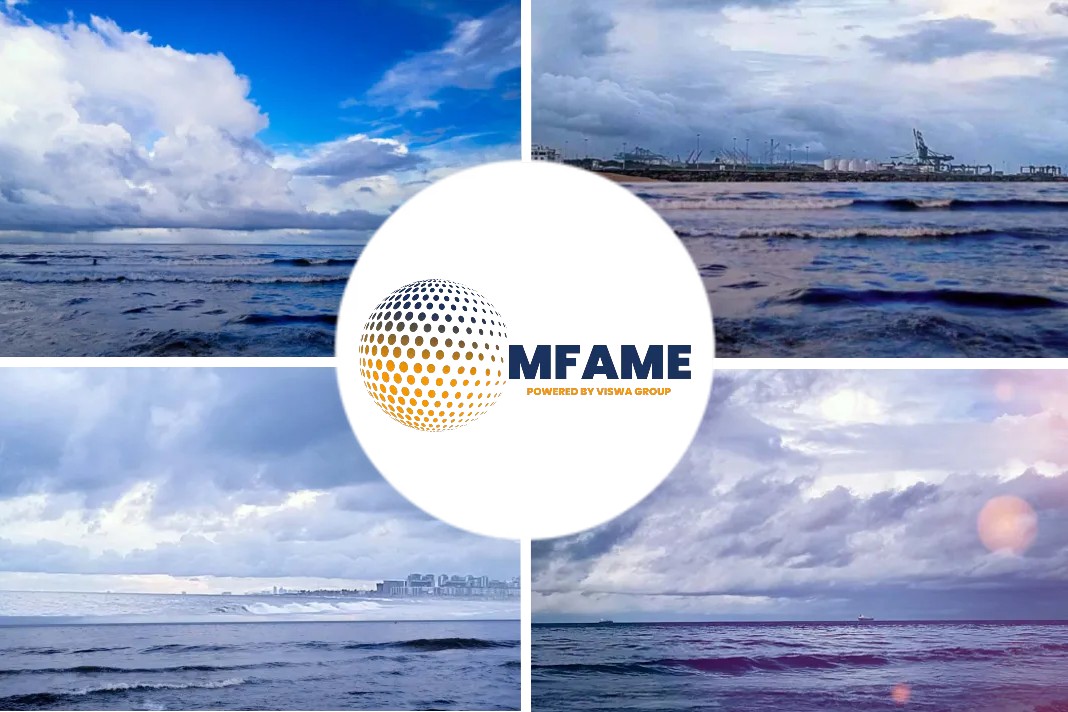A “clear gap” in shipping’s development of low-carbon and zero-carbon fuels and technologies is threatening to derail IMO efforts to curb industry emissions, reports LNG World Shipping.
Report from CDP
A report from UK-based non-profit Carbon Disclosure Project (CDP) cited the gap as existing between “company ambition and the technologies and fuels required to deliver IMO’s long-term emission reductions”.
Among the 18 large, publicly listed shipping companies it analysed, only a few had taken steps to facilitate the development of low- and carbon-free fuels. The report also said
- Biofuels,
- hydrogen and
- ammonia
all remain underdeveloped as fuel options.
LNG as marine fuel
More than 10 of the 18 shipowning companies with large fleets in the container, bulk and tanker sectors were judged to be actively facilitating the development of LNG as a marine fuel.
LNG is expected to play a “significant role as a transition fuel” in the drive to hold the global average temperature rise within the 1.5°C target set out in the Paris Agreement, presenting a growth opportunity for LNG carriers through 2040, according to the report’s findings.
Shipping giants very low compared to other sectors
The report said board-level oversight among the 18 publicly listed shipping giants is “very low compared to other sectors” and disclosure of actions to fight climate change is “poor”.
- Only two of the 18 shipping heavyweights are currently targeting net zero emissions by 2050.
- Two others are using “science-based targets” to reduce emissions.
- Two more are seeking to align their emissions-reduction targets with those set out in the 2018 IMO initial strategy on greenhouse gas (GHG) reduction.
Significant challenge to adopt new technology
The low earnings and high levels of debt throughout the sector were listed as a significant challenge to adoption of new technology, with average margins among included companies listed as 2.5% and average debt-to-equity ratios at 110%.
Any short term measures taken?
The report also pointed to the short term measures taken towards emission reduction.
- While slow-steaming remains an important short-term measure in emissions reductions, 13 of the 18 companies having developed a slow-steaming strategy, capable of delivering emissions reductions of around 30%.
- Retrofitting received a positive mention as a capital efficient short-term reduction strategy, with 14 companies evidencing retrofit activities.
Container shipping best at reducing emission
Of the three main shipping sectors profiled, container shipping was judged to be both the most emissions intensive and the best at reducing emissions, with an average reduction of 5.3% per annum between 2012-2017.
Emissions reductions have “stagnated” among the bulk and tanker fleets chronicled in the report, increasing on average 1% and 0.5% per annum, respectively over the same five-year period.
Did you subscribe to our daily newsletter?
It’s Free! Click here to Subscribe!
Source: LNG

















